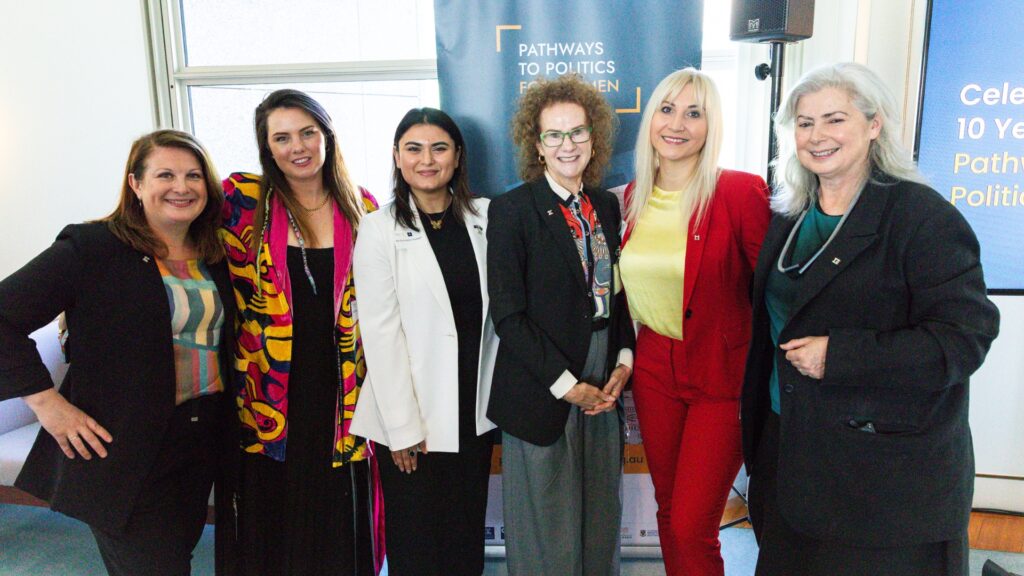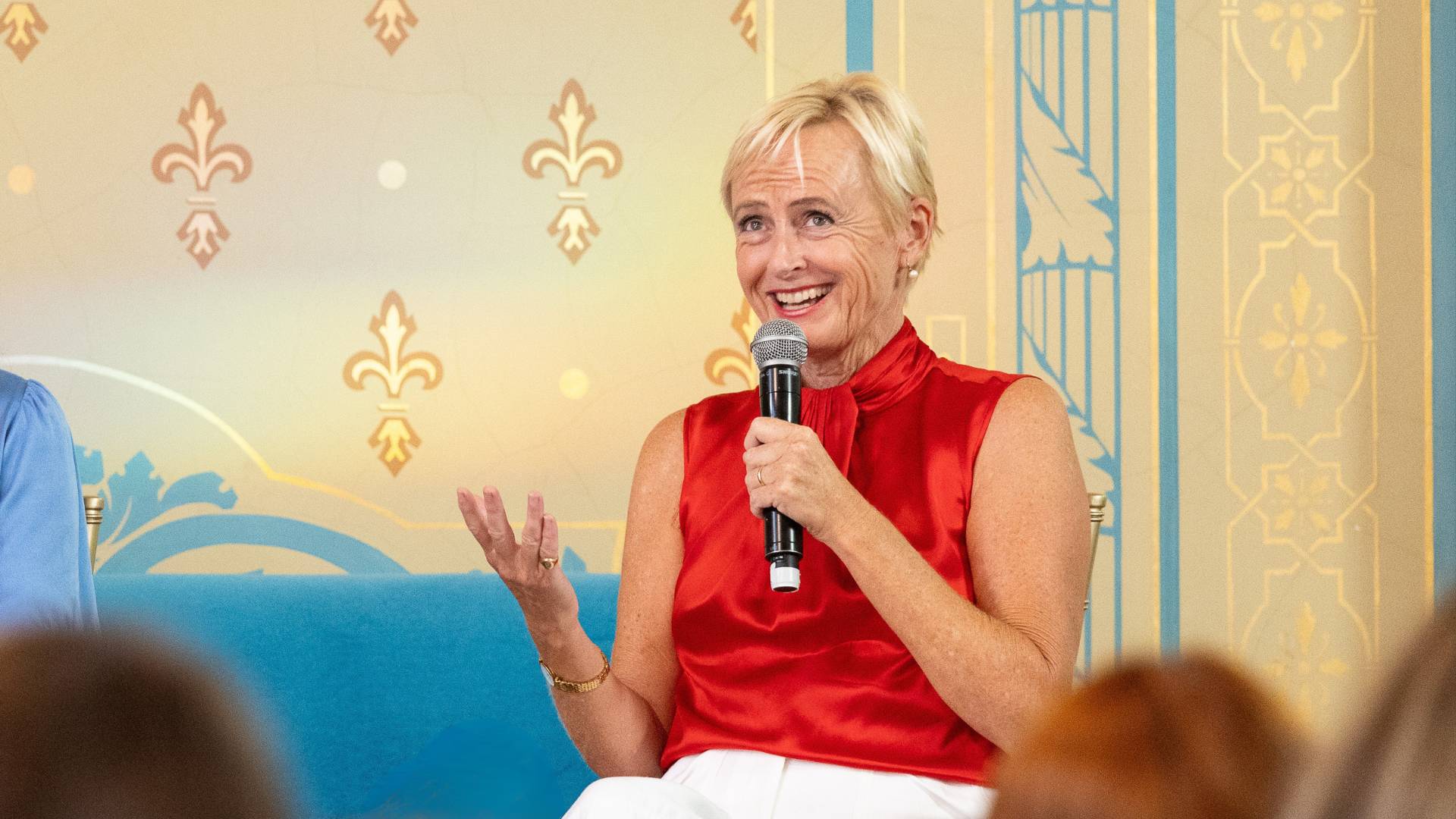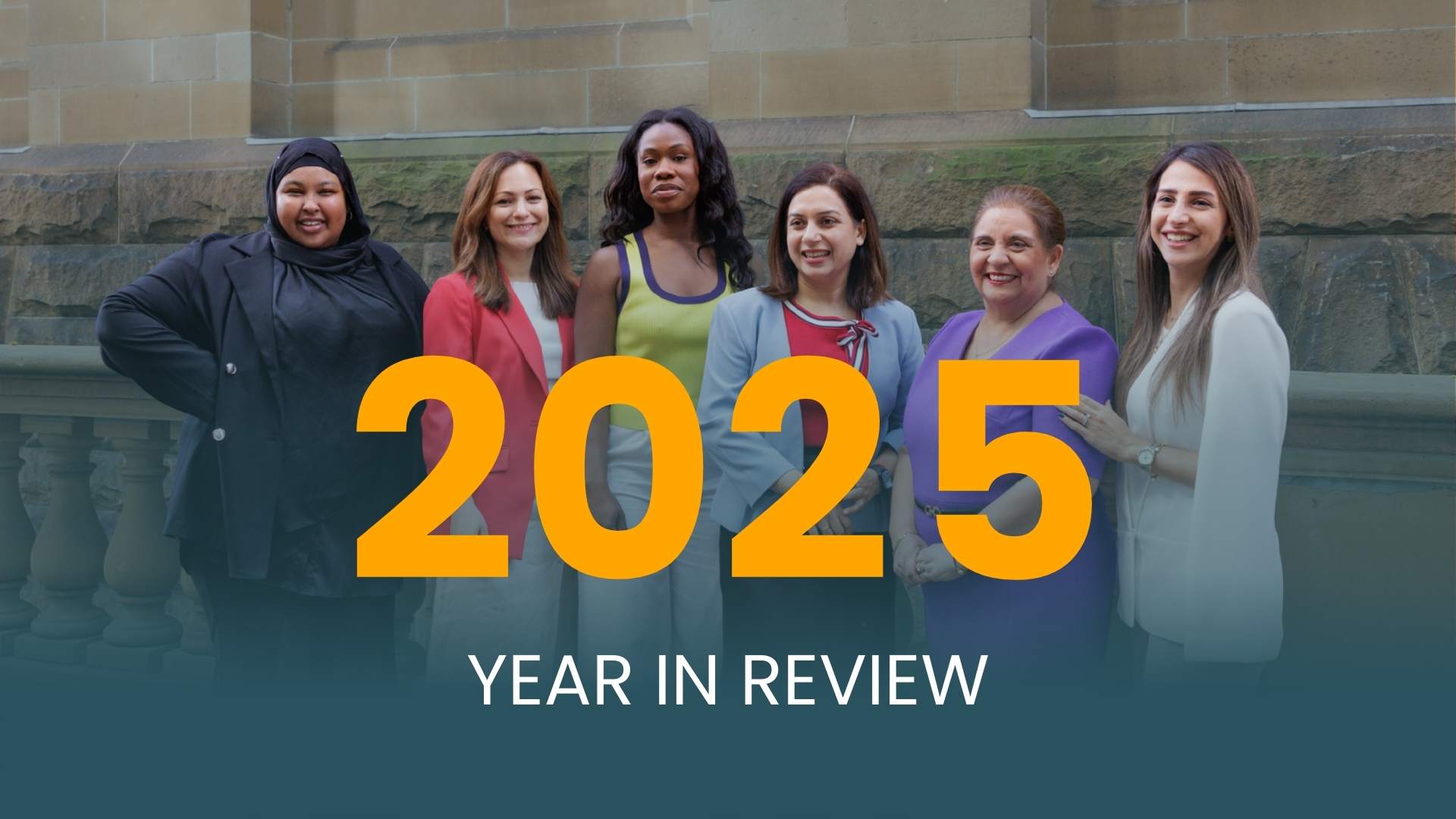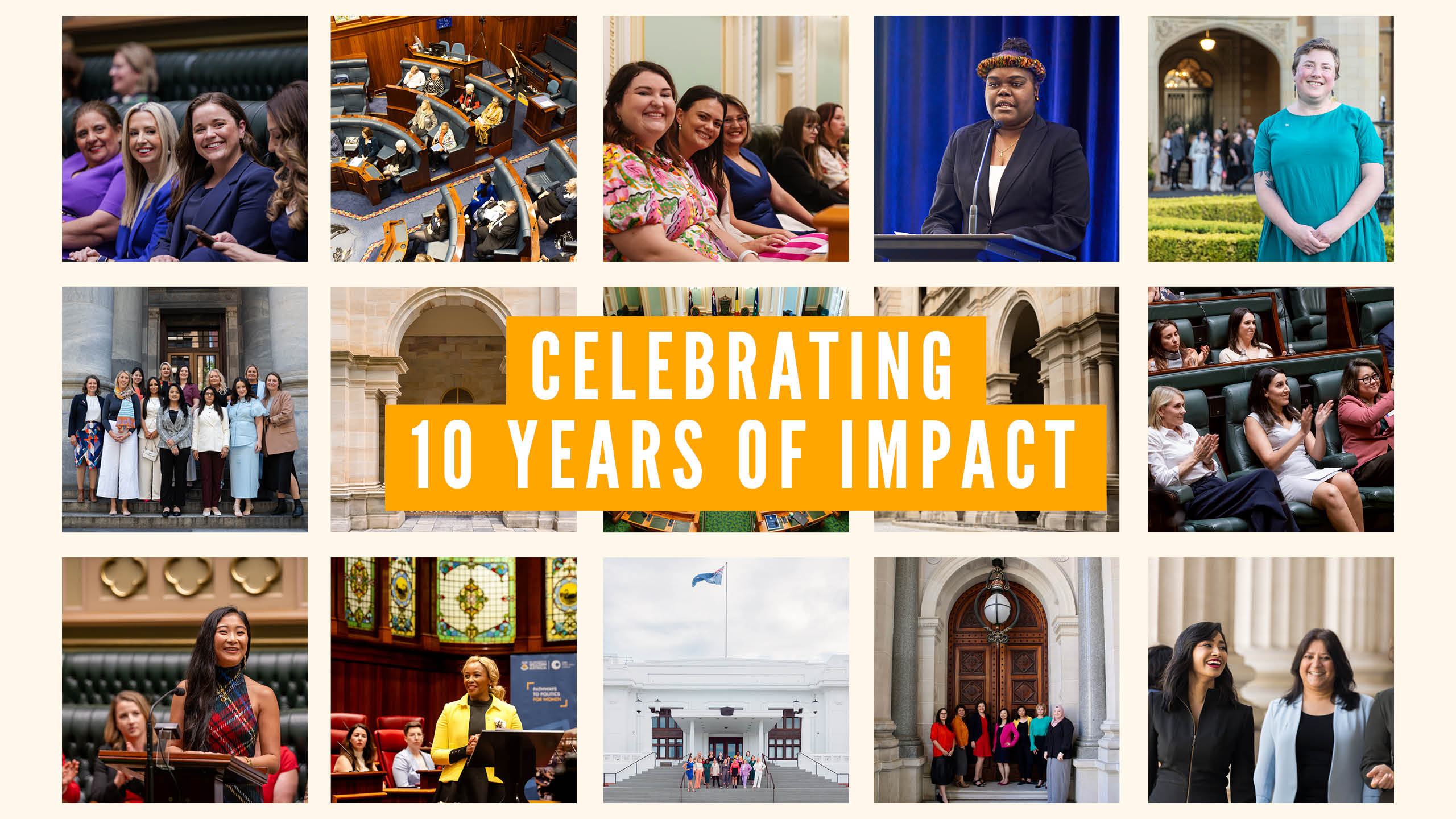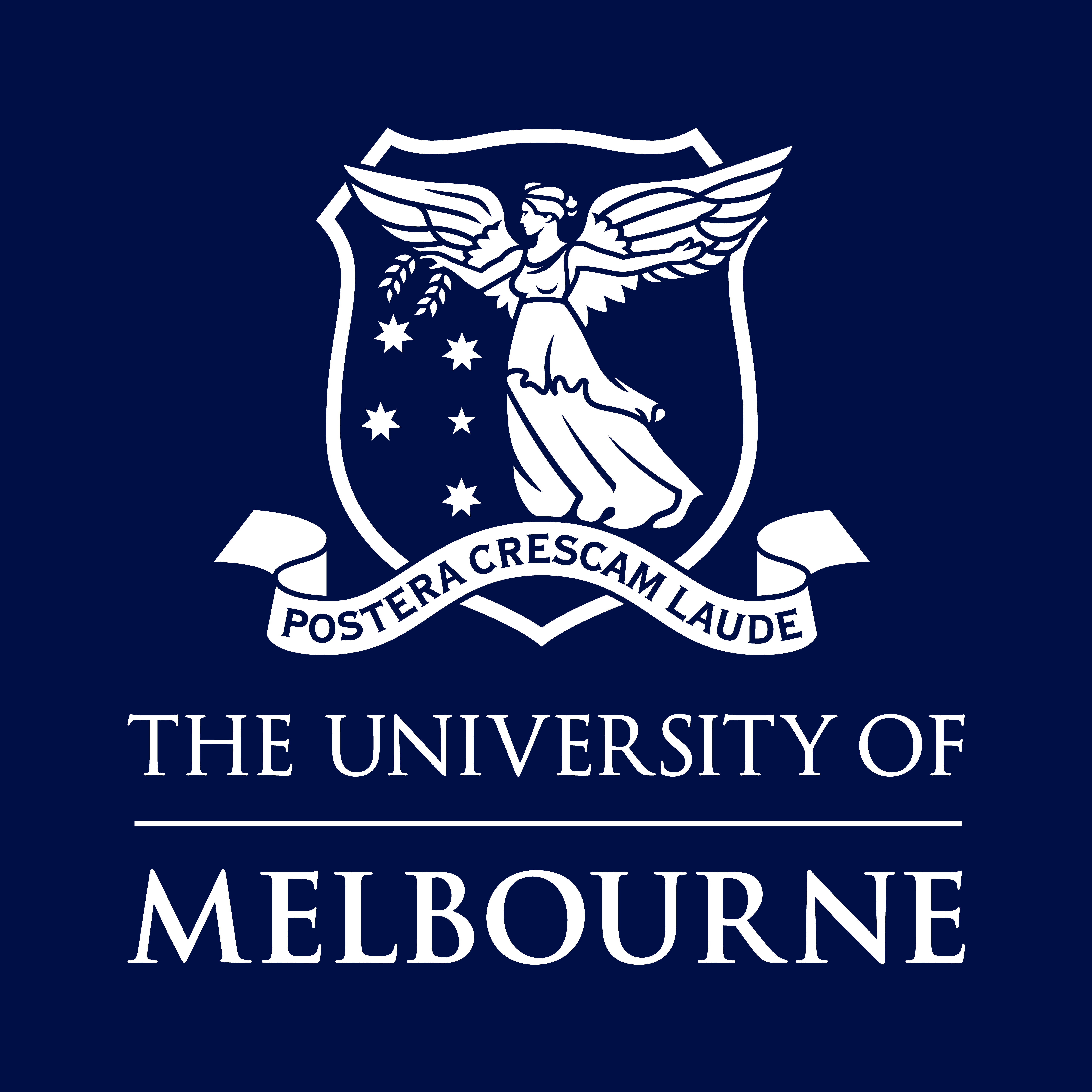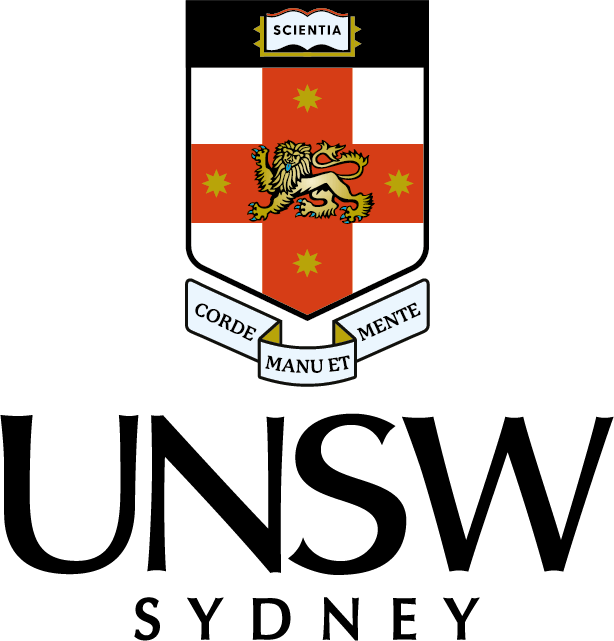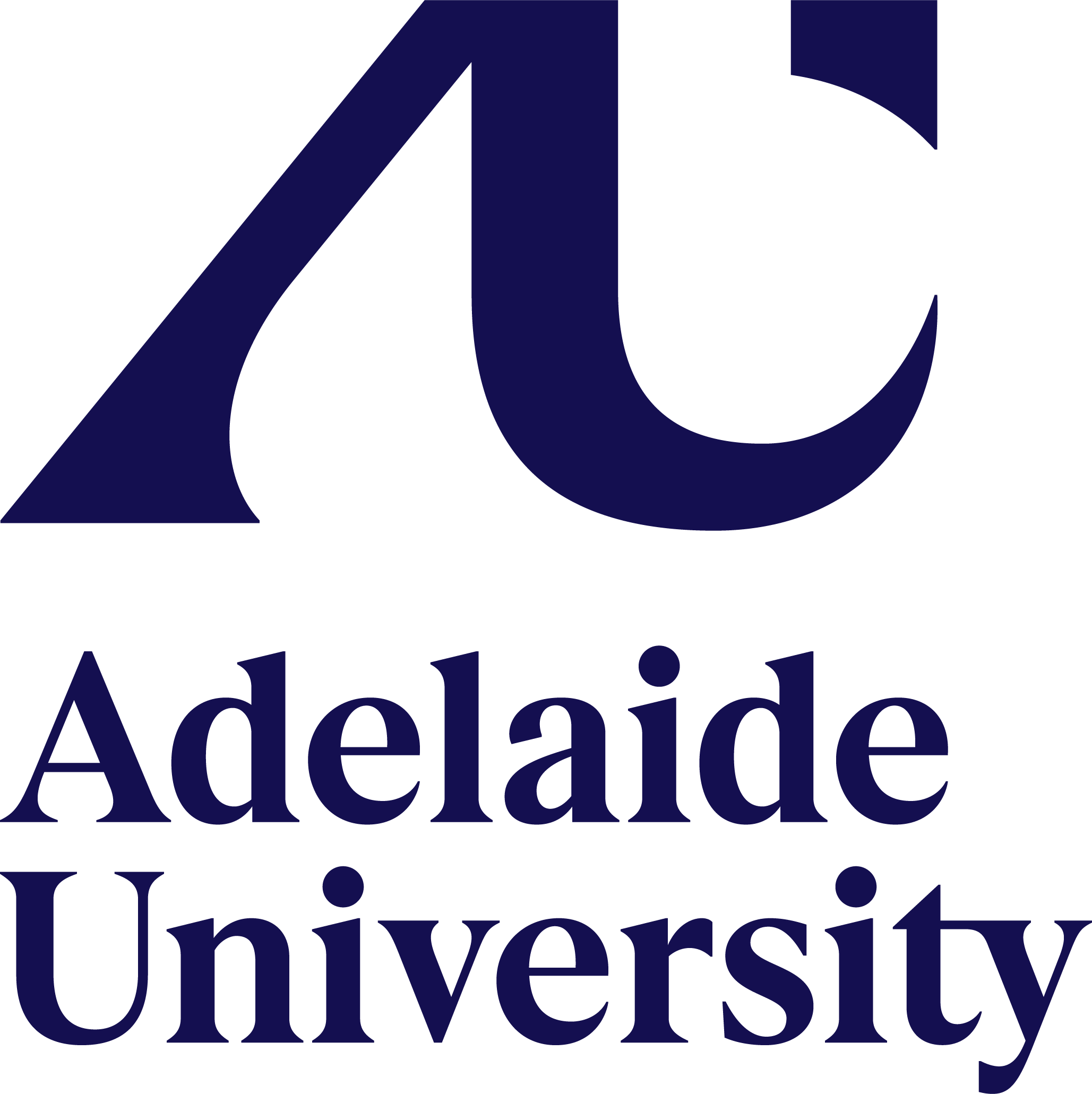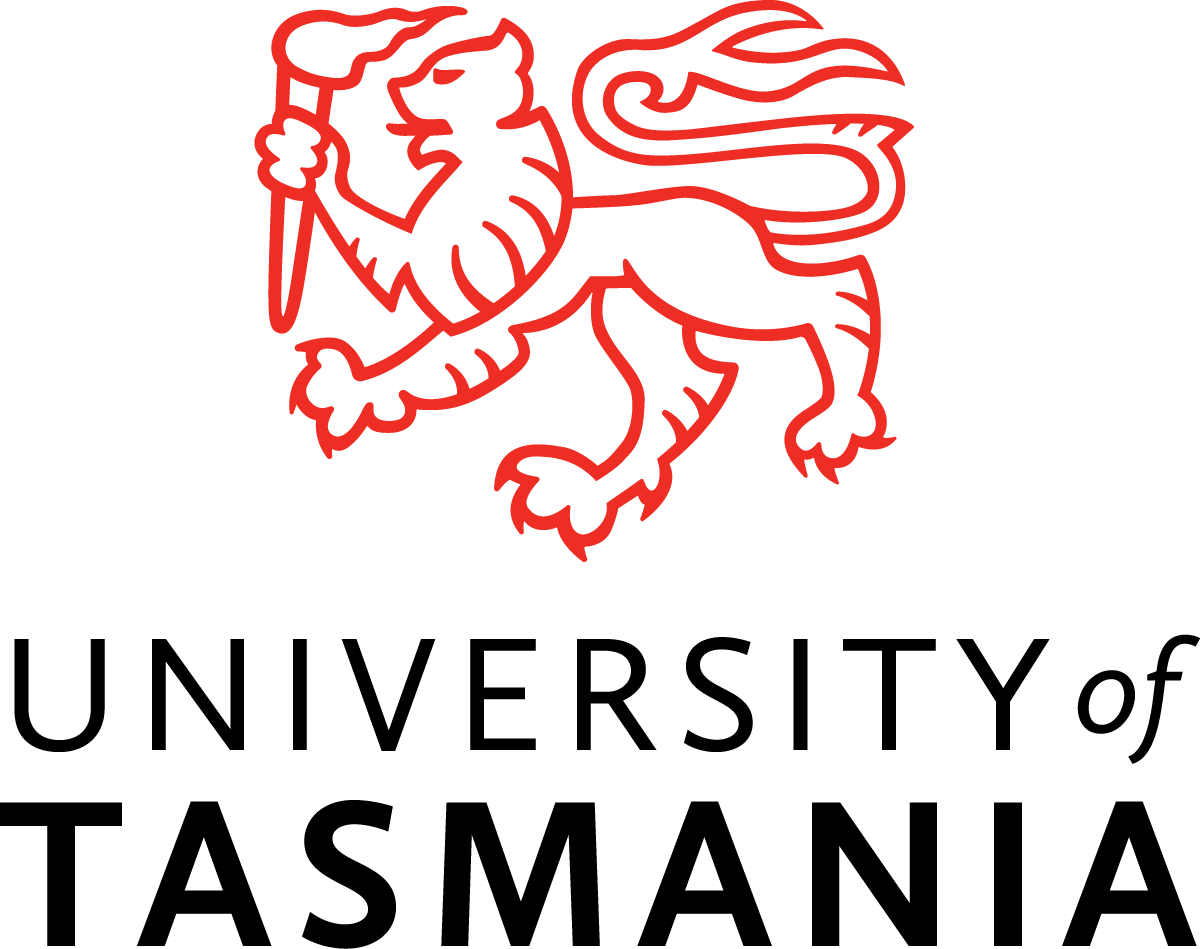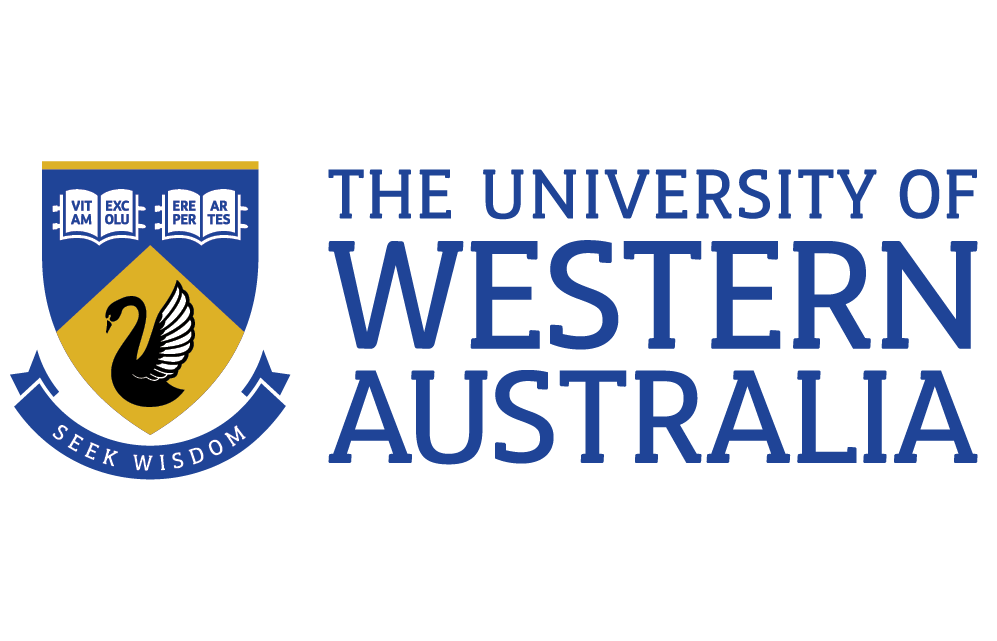L-R: Senator Steph Hodgins-May, Senator for Victoria, Shadow Minister for Communications and Women Melissa McIntosh MP, Minister for Housing, Homelessness and Cities, Hon Clare O’Neil MP, program founder Carol Schwartz AO, University of Melbourne Interim Provost Professor Jane Gunn AO and Deputy Chair of Parliamentary Joint Committee on the National Anti-Corruption Commission, Dr Helen Haines MP at Parliament House in Canberra celebrating 10 years of Pathways to Politics.
Pathways to Politics for Women marked a decade of driving gender equality in political leadership with a special breakfast celebration at Parliament House, Canberra, on Tuesday – exactly ten years to the day since the initiative first launched there.
Hosted by founding partners the Trawalla Foundation, Women’s Leadership Institute Australia and the University of Melbourne, the event brought together leaders from across the political spectrum to celebrate our national impact and enduring commitment to boosting diverse women’s representation in Australian politics.
A multi-partisan panel discussion facilitated by journalist Tracey Spicer AM explored the transformative impact of women’s leadership and the importance of diverse female representation in public life. It was an honour to host distinguished panellists Dr Helen Haines MP, Hon Clare O’Neil MP, Melissa McIntosh MP, and Senator Steph Hodgins-May for this important discussion (which will be available to watch shortly).
Central to the event was the launch of 10 Years of Impact – a milestone publication highlighting the achievements of Pathways to Politics and our more than 750-strong alum network over the past decade.
Reflecting on Pathways to Politics’ milestone anniversary, Founder Carol Schwartz AO said the initiative was born from a determination to see more women’s voices represented in Australia’s decision-making spaces.
“In 2013, when only one woman, Julie Bishop, sat around the cabinet table, I felt a daily sense of outrage that our premier decision-making forum had such gender imbalance – and I felt determined to do something about it. So, I established Pathways to Politics, the first Australian non-partisan initiative aimed at political gender parity,” she said.
“What has followed has exceeded every expectation. The results speak for themselves.”
- More than 750 women have completed the program since 2016
- There have been 247 electoral runs by alums, with 92 electoral successes across the political spectrum
- 64 alums currently serve in parliaments and councils nationwide
Our proudly non-partisan programs are uniquely designed in collaboration with eight leading universities across Australia, tailored to each local context: the University of Melbourne, QUT, UNSW, Charles Darwin University, the University of Adelaide, University of Canberra, University of Tasmania and The University of Western Australia.
Interim University of Melbourne Provost Prof Jane Gunn AO said the University of Melbourne was proud to have been the founding partner in the initiative. She applauded Carol Schwartz for catalysing this extraordinary for-purpose partnership across philanthropy, civil society and higher education.
“The achievements of Pathways to Politics for Women are testimony to the transformative power of Carol’s vision for a more equitable society – where women can participate fully in public life and crucially, in decision making,” she said.
“This unique collaboration highlights the important role universities play in strengthening democracy and preparing diverse, resilient and ethical leaders. Along with Carol, I thank the representatives of each university in the national network for their shared commitment to shaping our collective future.”
Speakers and guests reflected on the growing influence of our alum community, and looked toward a decade ahead defined by a growing momentum for diverse political leadership.
Read our publication:
10 Years of Impact
Featuring interviews, stories and reflections from alums and supporters across the political spectrum, as well as Founder Carol Schwartz AO, and National Co-Convenors Sarah Buckley and Dr Meredith Martin.





